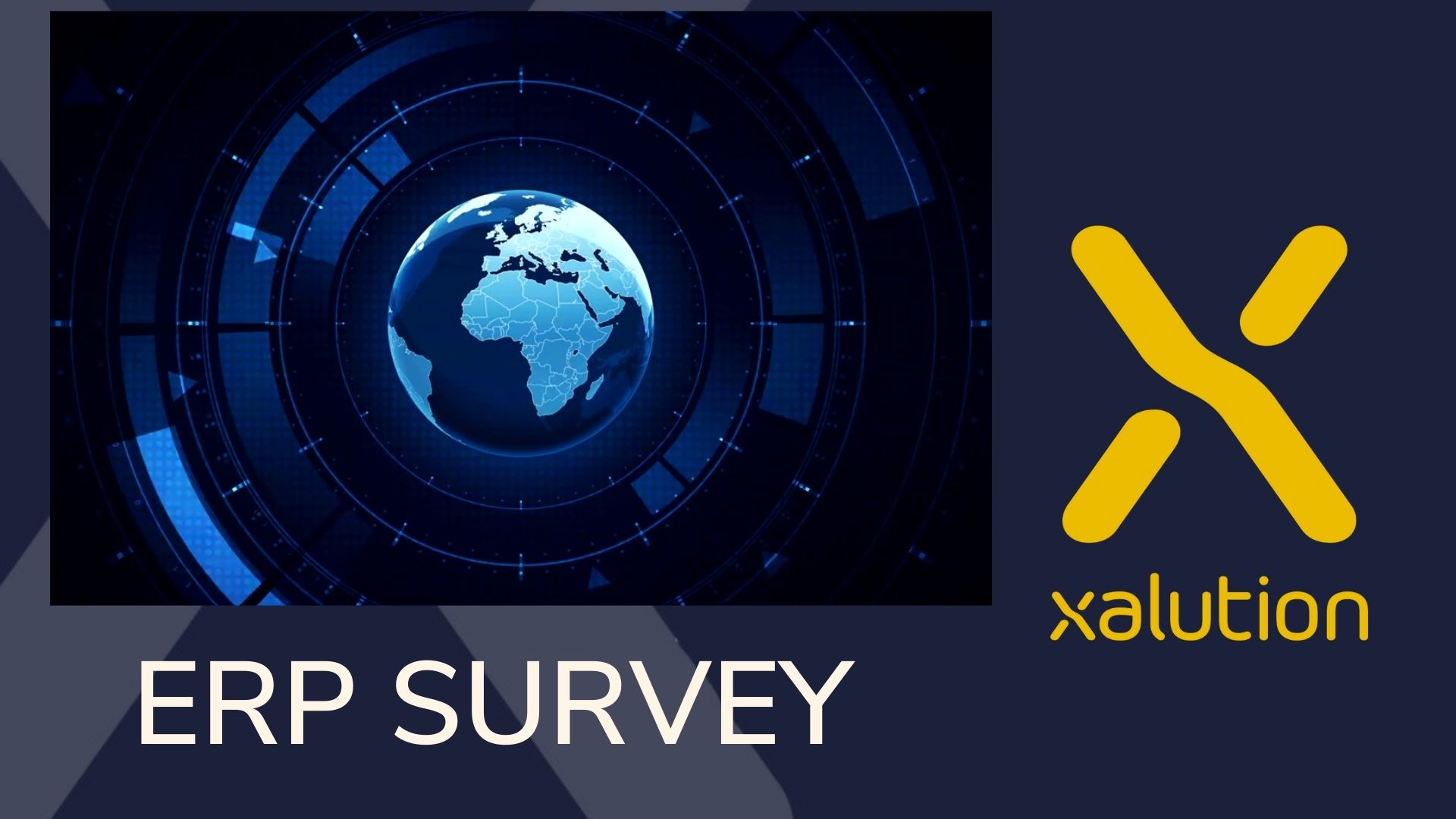What Goals do IT Managers pursue with the Introduction of a new ERP System?
A survey conducted by MICROSOFT among 240 IT managers around the globe is revealing the answer. Interesting to read for all CIOs who are currently toying with the idea of bringing more efficiency into the company with a new ERP solution!
IT managers are facing a variety of increasingly demanding tasks. Not only do they are asked to ensure that systems are running smoothly, but also to support their organizations in evolving digitally, managing ongoing security threats, and complying with all sorts of regulations. In addition it is expected that they help their own teams to develop the skills they need to succeed in a complex and ever-changing digital environment.
Admittedly, this does sound complicated. But with an effective and cloud-based ERP strategy, these challenges can be mastered. Many IT decision-makers are already aware of this fact and ready to take the first step in this direction. So are the executives surveyed by Microsoft. They are working in a variety of industries – with a focus on manufacturing, healthcare and retail – for companies with an average of 3,900 employees and $1.3 billion in annual revenue.
In an online survey, they revealed their goals and the biggest challenges for implementing an ERP project in their company.
Reasons for implementing a new ERP solution
Most IT managers are looking to increase productivity in the company and make operational processes smarter. Above all, they want to increase employee productivity and innovation within the company – regardless of how advanced the ERP system is.
ERP goals by priority:
35% better workplace productivity
22 % smarter processes
19 % innovation with a modern and flexible platform
18% supply chain automation and/or optimization
8 % better financial performance
At the same time, the respondents also highlighted the hindrances to the implemention of a new ERP system.
ERP challenges
40% data management and security
37% cost of upgrades from legacy ERP systems
32% ability to adopt new technologies
31% demonstrating ROI on IT investments
30% management of legacy systems
What is striking – but not surprising – is that the widespread use of older on-premises infrastructures makes it difficult to adapt to new technologies. And: upgrade costs are particularly significant in companies that operate multiple ERP systems.
Which ERP system IT managers actually buy in the end depends on how many of the following points it covers – because these were particularly important to the IT managers surveyed:
What is primarily expected from the purchase of an ERP system?
69% ensures network security
68% is reliable/ensures ERP system integrity
63% gives more control over business processes
62% is scalable/can handle growth
59% is available in the cloud
Interesting: Security, stability, control and scalability were very important aspects for all respondents, whereas ROI was rated as secondary.
Tip: IT managers planning to introduce a new ERP solution in the form of Microsoft Dynamics 365 and finding it difficult to assess whether the solution they are considering actually covers all their requirements and what challenges need to be overcome during an introduction are welcome to ask us for advice!
Get in contact!